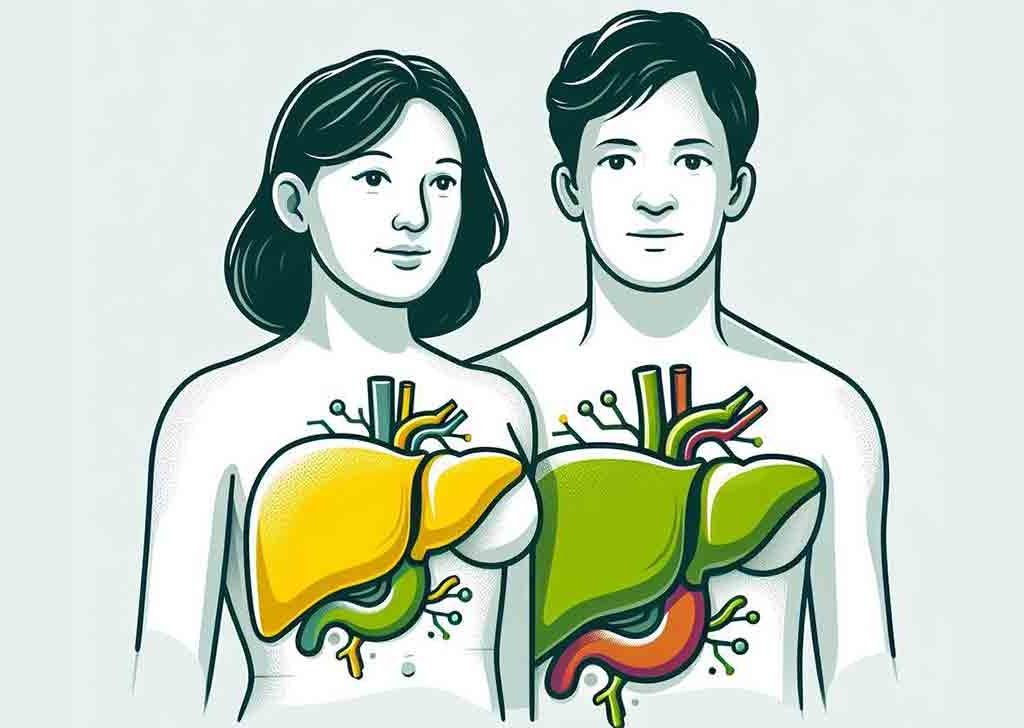Multiple sclerosis (MS) first symptoms is a chronic, immune-mediated neurological condition that affects the central nervous system (CNS), which includes the brain and spinal cord. MS is characterized by inflammation, demyelination (loss of myelin, the protective covering of nerve fibers), and nerve cell damage, leading to various symptoms. It’s important to note that the symptoms of MS can vary widely from person to person, and the severity and progression of the disease can also differ.
Multiple Sclerosis (MS) Symptoms:
Common symptoms of multiple sclerosis include:
Fatigue:
One of the most common symptoms, MS-related fatigue can be overwhelming and may interfere with daily activities.
Vision Problems:
MS can affect the optic nerves, leading to issues such as blurred or double vision, eye pain, and difficulty in controlling eye movements.
Numbness or Tingling:
Many individuals with MS experience sensations of numbness, tingling, or a “pins and needles” feeling, usually in the face, arms, or legs.
Muscle Weakness:
Weakness in the muscles, often leading to difficulty with coordination and balance, can be a prominent symptom.
Coordination and Balance Issues:
MS can impact coordination and balance, resulting in problems with walking, clumsiness, and a higher risk of falls.
Spasticity:
Increased muscle tone and stiffness can occur, leading to spasms and difficulty with muscle movement.
Pain:
MS-related pain can manifest as sharp, stabbing sensations, or as a constant, dull ache. Pain can occur in various parts of the body.
Cognitive Changes:
Some individuals may experience difficulties with memory, attention, problem-solving, and other cognitive functions.
Bladder and Bowel Dysfunction:
MS can affect the nerves that control the bladder and bowel, leading to issues such as urinary urgency, frequency, or incontinence.
Emotional Changes:
Depression and anxiety are common in people with MS. The challenges of living with a chronic condition, combined with the impact on the central nervous system, can contribute to emotional changes.
Speech and Swallowing Difficulties:
Some individuals with MS may have difficulty with speech or swallowing due to weakened or spastic muscles.
It’s important to emphasize that MS is a highly variable condition, and not all individuals will experience the same symptoms or in the same way. Additionally, the disease can have periods of relapse (exacerbations or flare-ups) followed by periods of remission
If someone suspects they may have MS or is experiencing symptoms, it’s crucial to consult with a healthcare professional for a proper diagnosis and appropriate management. Early intervention and treatment can help manage symptoms and improve the overall quality of life for individuals with MS.

What are usually the first signs of multiple sclerosis(MS)?
The first signs and symptoms of multiple sclerosis (MS) can vary widely among individuals. It’s important to note that experiencing one or more of these symptoms does not necessarily mean a person has MS. Many of these symptoms can be caused by various other conditions. if someone is experiencing persistent or worsening symptoms, it’s essential to consult with a healthcare professional for a thorough evaluation.
It’s important to recognize that MS is a complex condition, and not everyone will experience the same set of symptoms or in the same order. Additionally, MS symptoms can come and go, and the disease may have periods of relapse followed by periods of remission.
If someone is experiencing symptoms that could be indicative of MS, it is crucial to seek medical attention. A neurologist, a specialist in disorders of the nervous system, is typically involved in diagnosing and managing multiple sclerosis. Diagnostic tools such as magnetic resonance imaging (MRI), lumbar puncture (spinal tap), and other tests may be used to confirm or rule out the presence of MS. Early diagnosis and intervention can contribute to better management of the condition and improved quality of life.
What is The Biggest Symptoms of Multiple Sclerosis (MS)?
Multiple sclerosis (MS) is a neurological condition that can manifest in a variety of symptoms, and the specific symptoms can vary widely among individuals. The hallmark of MS is the presence of lesions or scars in the central nervous system, which includes the brain and spinal cord. These lesions can disrupt the normal flow of electrical impulses along nerve fibers, leading to a range of symptoms.
One of the most common and often prominent symptoms of MS is the exacerbation and remission of neurological symptoms. Individuals with MS may experience periods of worsening symptoms (known as relapses or exacerbations) followed by periods of partial or complete recovery (remissions).
Some common symptoms of MS include:
- Fatigue: Overwhelming tiredness that is not relieved by rest.
- Difficulty walking: Problems with coordination, balance, and gait.
- Numbness or tingling: Sensations of pins and needles or numbness in various parts of the body.
- Muscle weakness: Weakness in the limbs or difficulty controlling movements.
- Vision problems: Blurred vision, double vision, or pain with eye movement.
- Problems with coordination and balance: Difficulty with coordination and maintaining balance.
- Cognitive issues: Memory problems, difficulty concentrating, and changes in problem-solving skills.
- Bowel and bladder dysfunction: Issues with control and function of the bowels and bladder.
Additionally, MS is a chronic and often unpredictable condition, and the severity and progression of symptoms can vary from person to person. If you or someone you know is experiencing symptoms suggestive of MS, it is important to seek medical evaluation and consultation with a healthcare professional for a proper diagnosis and management plan.



